Court Overturns Prince George’s Map That Critics Denounced as Gerrymandering
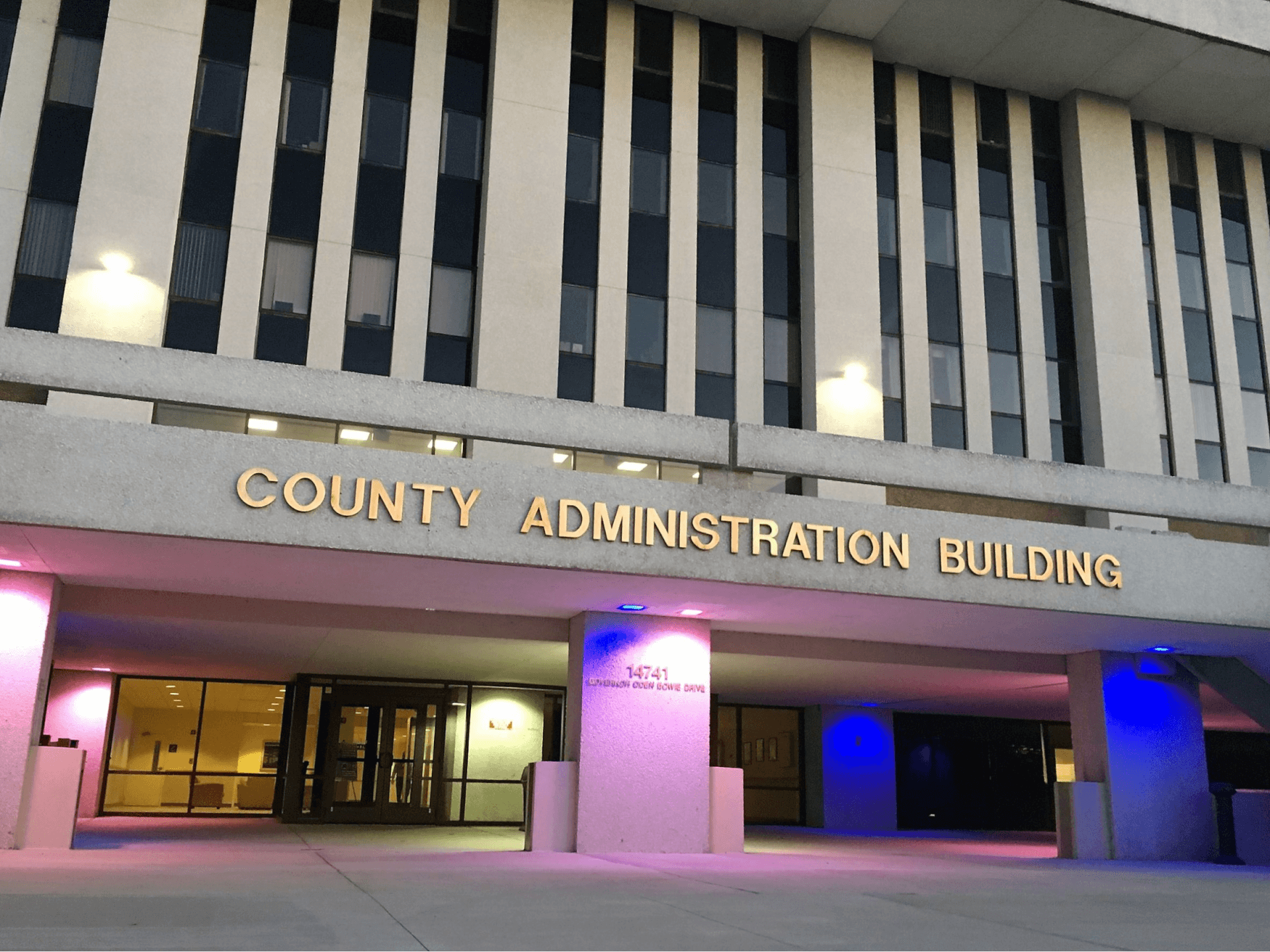
In a move that could have an immediate impact on the 2022 elections, a Prince George’s County judge ruled on Monday that the County Council failed to follow the law when it approved a controversial redistricting plan late last year.
As a result, a map crafted in secret by a six-member bloc of lawmakers will not be used in this year elections, in which all 11 Prince George’s council seats (nine district seats and two at-large) are on the ballot.
During a virtual hearing held on Friday, an attorney hired by four county residents argued that the council-backed map should be thrown out — not because of politically motivated line-drawing but because the panel failed to pass a redistricting bill, as required by law. Lawmakers approved a resolution instead.
“By improperly adopting the redistricting map under [resolution],” the lawsuit alleged, “the Council has abused its power by improperly determining which candidates may run in particular districts and functionally denying voters the opportunity to vote for the County Council candidate of their choosing…”
Judge William A. Snoddy agreed. In a three-page ruling issued Monday, he wrote that “a resolution, while having the effect of a law, is not a substitute for a law…”
Snoddy ordered the county to use the map produced by a nonpartisan commission — a map that made relatively few changes to the council’s current districts — in place of the version the council approved late last year on a 6-3 vote.
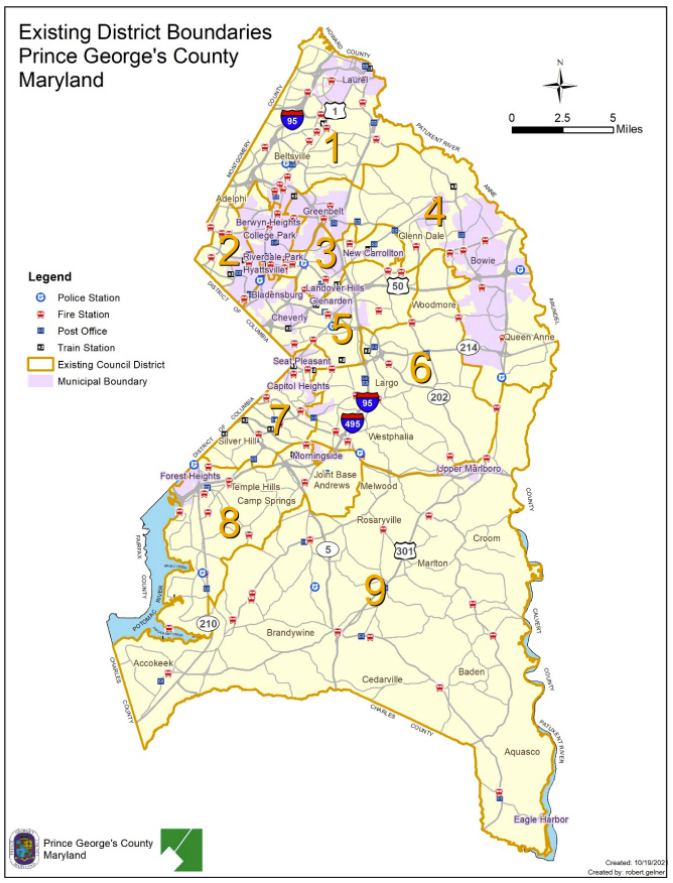
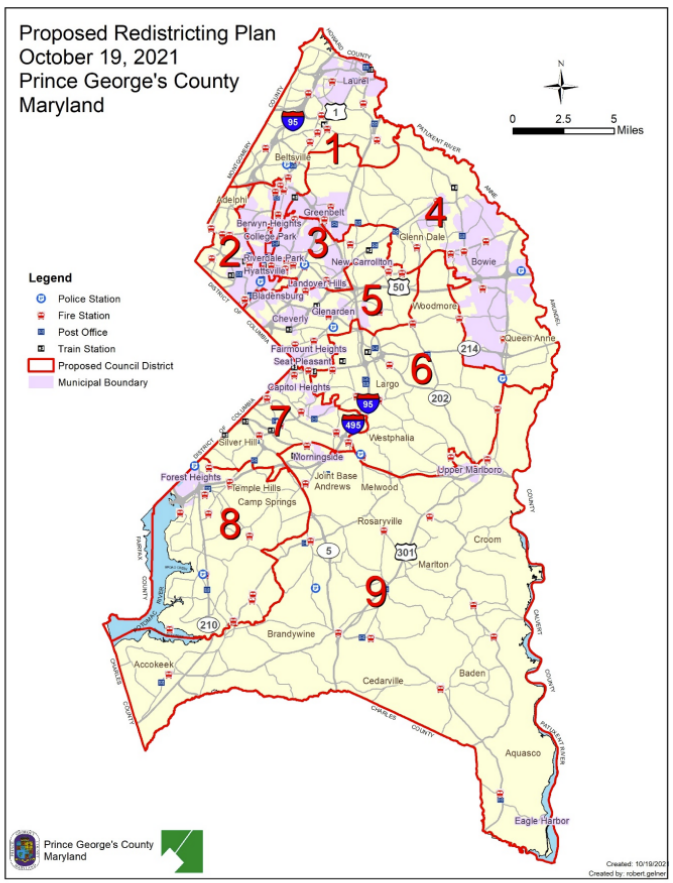
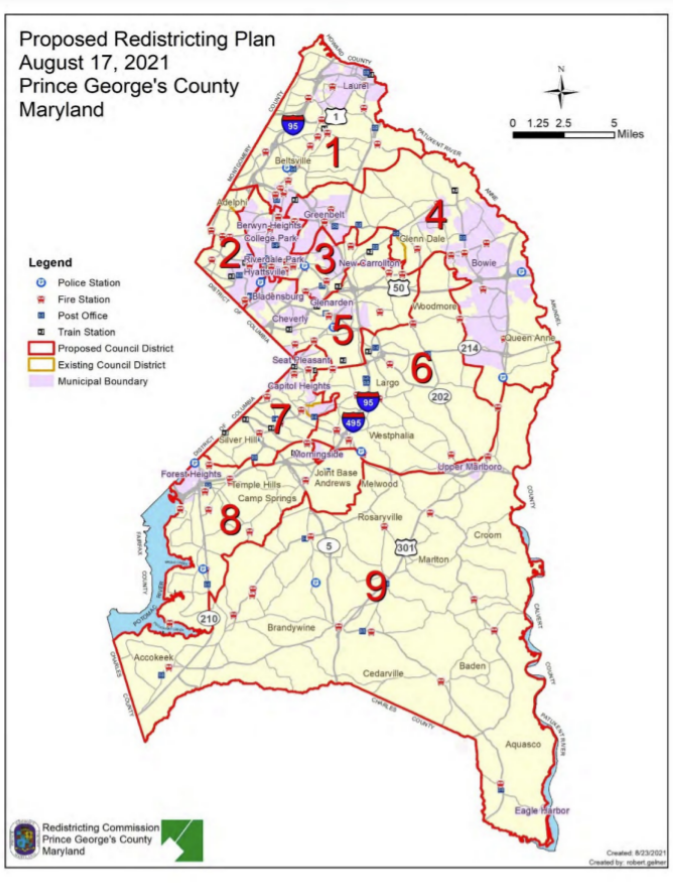



The plan approved by the council made several changes to district boundaries, which were widely perceived as insulating incumbents by pushing potential rivals out of their districts. Lawmakers who opposed the proposal complained that they were blindsided by the introduction of an alternative plan, and they used sharp language to denounce their colleagues.
Members of the public held a rally against the proposal, and approximately 120 people testified at a hearing just prior to the council’s final vote. None spoke in favor of the council’s approach.
“Obviously we’re very pleased. The court put forward a pretty strong order,” said Matthew G. Sawyer, the attorney hired by angry citizens. “I’m very proud of the community leaders who stepped up. The people spoke up and demanded that their voices be heard — and they were.”
Late Monday afternoon, a council spokeswoman said the panel intends to appeal Judge Snoddy’s ruling “immediately.”
The suit was filed by Robert E. Thurston, president of the Lakeland Civic Association; College Park resident Stephanie E. Stullich, a former municipal official and civic association leader; Beltsville resident John D. Perkins, head of the Vansville Civic Association; and Suitland resident Stanley Holmes, head of the Skyline Citizens Association.
In addition to their process argument, critics of the council plan complained that it divided several communities into multiple districts.
Thurston and Stullich are supporters of former Prince George’s Councilmember Eric Olson. An independent-minded progressive, Olson has been campaigning for the District 3 seat on the council since last summer. Critics charged that the council’s map made a finger-shaped detour around Olson’s house to keep him from reclaiming his old seat.
“Justice prevailed,” said Olson after the ruling. “It was clearly wrong the way the county council acted. It was not proper.”
Two others candidates impacted by the council map may benefit from the court’s ruling.
Community activist Tamara Davis Brown (D), who lost to Sydney J. Harrison (D-District 9) by 55 votes in 2018 and was moved into District 8 by the council map, returns to District 9. She said on Monday the court order “corrects the Council’s flawed decision-making.” She said she is “evaluating how best I can serve the citizens of Prince George’s County in light of all developments.”
Progressive activist Krystal Oriadha had been campaigning for the District 7 seat she lost narrowly to now-councilmember Rodney C. Streeter (D) in 2018. She was pushed into District 5 by the changes approved last year. The court order moves her back to District 7, where she is free to run against Streeter, who has missed several months of council meetings due to illness.
Councilmember Derrick Leon Davis (D-District 6), the architect of the council plan, expressed confidence that the panel’s appeal will be successful.
“I am confident that we had the best (legal) advice,” he said. “We did everything that we were supposed to do.”
Before the council announced that it intends to appeal the court’s order, Councilmember Thomas E. Dernoga (D-District 1), who voted against the Davis map, expressed hope that his colleagues would let the matter drop.
“While I believe that the plaintiffs are legally correct (and that the Council’s Redistricting Plan was an undemocratic gerrymander), we will have to wait to see whether my colleagues decide to appeal,” he wrote in an email to constituents.
“One may hope that they finally put their personal political desires aside and put an end to this public embarrassment.”
Editor’s Note: This story was updated Monday evening to include a statement from the council majority vowing an appeal of the judge’s decision and a comment from Councilmember Derrick Leon Davis.



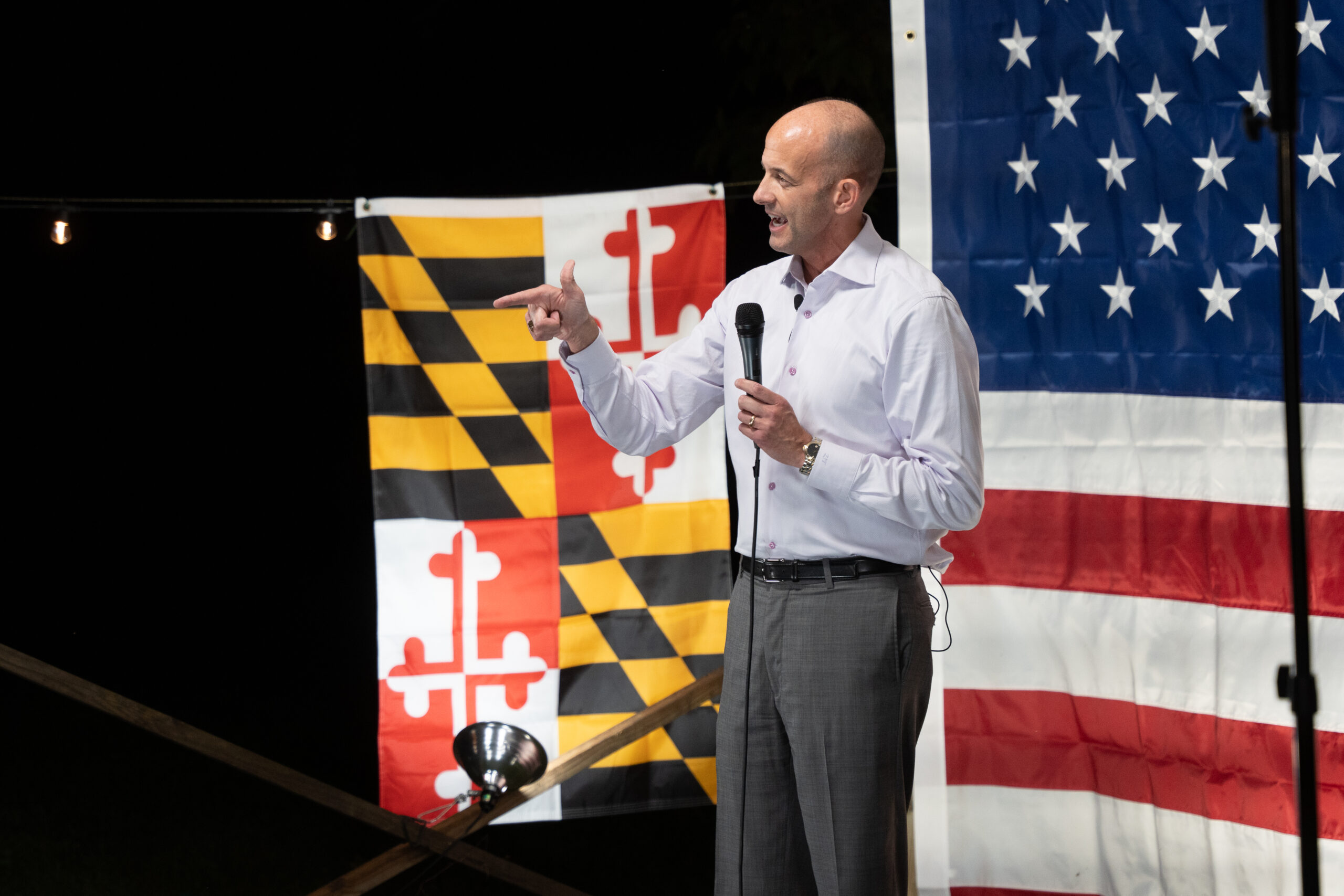
 Creative Commons Attribution
Creative Commons Attribution